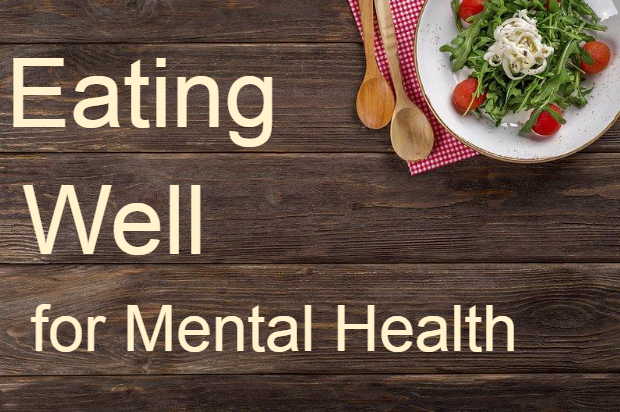
Fueling Your Mental Health: The Power of Nutritious Eating
In the fast-paced world we live in today, taking care of our mental health is of utmost importance. Dr. Drew Ramsey, M.D., a renowned psychiatrist, author, farmer, and founder of the Brain Food Clinic in New York City, emphasizes the profound connection between what we eat and our brain health. He aptly states, “What does food have to do with brain health? EVERYTHING. Your brain burns more of the food you eat than any other organ. It determines if you lose weight, gain weight, if you feel energetic or fatigued, if you are upbeat or depressed.”
While food alone cannot be a sole solution for mental health concerns, there is a clear and direct correlation between nutrition and mental well-being. Balanced nutrition plays a pivotal role in supporting our mental health. To nourish your mind and enhance your overall well-being, consider adopting a plant-based diet rich in an abundance of fruits, vegetables, whole grains, and nuts. Reducing the consumption of processed foods is equally crucial, as these items, loaded with sugar, unhealthy fats, and chemicals not found in nature, can be detrimental to those struggling with anxiety and depression.
Whole foods, in their unprocessed natural state, offer a multitude of health benefits. Packed with essential nutrients, vitamins, and minerals, they efficiently nourish your body and contribute to better mental health. However, making healthy meals can be challenging, especially for those dealing with anxiety, depression, or other mental illnesses. In such cases, practicing Mindful Eating can make a significant difference. Create a beautiful plate for yourself, add some flowers to the table, and serve yourself as though you truly matter. Eating in a calm environment and beginning your meal with five deep breaths can help establish a positive relationship with food.
Here are seven essential foods that can positively impact your mental health and elevate your nutrition:
-
Fermented Foods: The gut-brain connection is profound. Microbiota residing in your colon, responsible for digesting food, have a direct effect on your mental health by producing various brain chemicals. Incorporating fermented foods like kombucha, miso, pickles, and sauerkraut can contribute to a healthier and more diverse microbiome. Yogurt, especially the unsweetened versions with live cultures, is an excellent source of magnesium and potassium, helping improve brain function. Probiotic foods like yogurt may also reduce inflammation and increase neurotransmitters, such as serotonin, thereby improving anxiety and stress.
-
Whole Grains and Nuts: Whole grains like beans, oats, and wild rice are nutritional powerhouses that support mental health. They are naturally rich in amino acids, essential for serotonin and melatonin production. Serotonin, often called the “feel-good hormone,” enhances mood and relaxation. Melatonin regulates your sleep cycle. Nuts, particularly walnuts, almonds, pecans, and cashews, contain omega-3 fatty acids that promote brain health. Cashews, in particular, are high in magnesium and act as a defense against depression. Almonds provide essential nutrients such as vitamin E and phenylalanine, which can elevate mood.
-
Leafy Greens: Dark, leafy green vegetables like spinach offer folic acid, which supports brain health and helps deter depression. These greens have stress-reducing effects and provide vital nutrients to your brain.
Incorporating these foods into your diet can support brain health, improve your mood, and contribute to overall mental well-being. Remember, nourishing your body with the right foods is an essential step towards a healthier mind.

